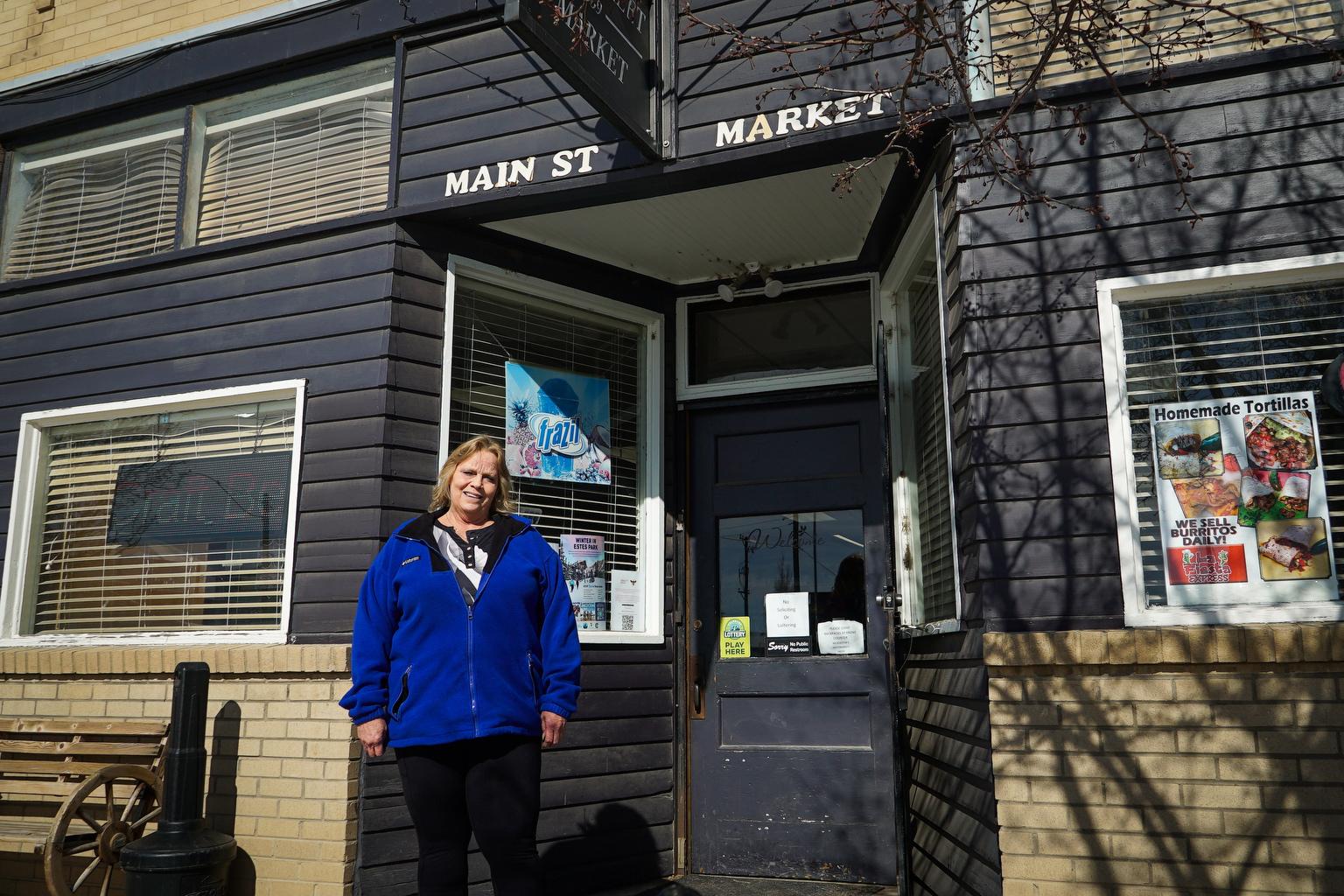

Published 12:13 p.m. | Updated 3:03 p.m.
According to a formal legal opinion from Colorado’s Attorney General, the legislature will have room to maneuver on sports gambling and won’t have to change the state constitution.
“The Colorado Constitution does not prohibit or otherwise restrict commercial sports betting,” the letter from AG Cynthia Coffman states. “Whether or not to amend state statutes to authorize commercial sports betting is a policy question for the General Assembly and the voters of this State.”
The opinion is a surprise, as many legal experts believed a statewide vote was necessary to alter Colorado’s constitution to allow sports gambling. Lotteries are constitutionally restricted and since sports gambling is clearly not a lottery, according to the opinion, lawmakers do not need to alter the state’s guiding document to legalize it.
“Whether a game is a lottery turns on the role that chance plays in the outcome,” states the letter. If chance is the controlling factor, the game is a lottery. As Coffman sees it, “Wagering on a sporting event falls outside this definition.”
Casinos immediately rebuked the opinion.
“The Colorado courts only give ‘respectful consideration’ to attorney general opinions and, many times, find that an AG’s opinion is incorrect,” according to a statement from the Colorado Gaming Association. “The weight of judicial authority throughout the country is that sports betting is, in fact, a ‘lottery.’ Attorney General Coffman’s conclusion that horse and dog racing are ‘not materially different’ than professional and collegiate sports betting is factually and, we believe, legally incorrect.”
Gaming in horse and dog racing are pari-mutuel betting, meaning people bet against a pool of other gamblers. Sports betting, according to the casinos, is different in that bets are against a line set by the house, and different expertise and regulations are necessary to manage those transactions. Following the U.S. Supreme Court decision that allowed states to setup sports betting, the casinos maintain that they, and not horse tracks, are the right place for that kind of wager.
As to the Gaming Association’s claim that attorney general opinions often are incorrect: “That’s not true,” said Tom Downey an attorney with Ireland Stapleton, and an expert on regulatory issues. “Attorney general opinions are overwhelmingly consistent with how the courts ultimately rule.”
“The AG’s opinion is that, it is an opinion, the same as I have an opinion or my mother-in-law has an opinion, but it’s one of the opinions given the highest weight,” he said.
Downey represents a party that wants to get into sports gaming, but he wouldn’t reveal their identity.
Attorney General Coffman did say the legislature would have to change the criminal statutes since sports gambling is specifically prohibited. It would be necessary for the legislature to pass enabling legislation to develop the framework for what sports bets would look like and which agency would regulate them, among other issues.
The formal opinion was requested several months ago by the Department of Revenue — which regulates casinos in Colorado — after the Supreme Court ruling.
“I think this is the opening of a much lengthier conversation,” said Democratic State Rep. Alec Garnett. “It’s important to understand where the Attorney General is coming from with a constitutional question.”
Still Garnett, who wants to sponsor legislation on sport gambling, says many issues are still a question mark, including taxes (and a Taxpayer Bill of Rights vote to approve new taxes), betting limits, and location.
“We may still need to have this conversation with voters at the ballot,” he said.









